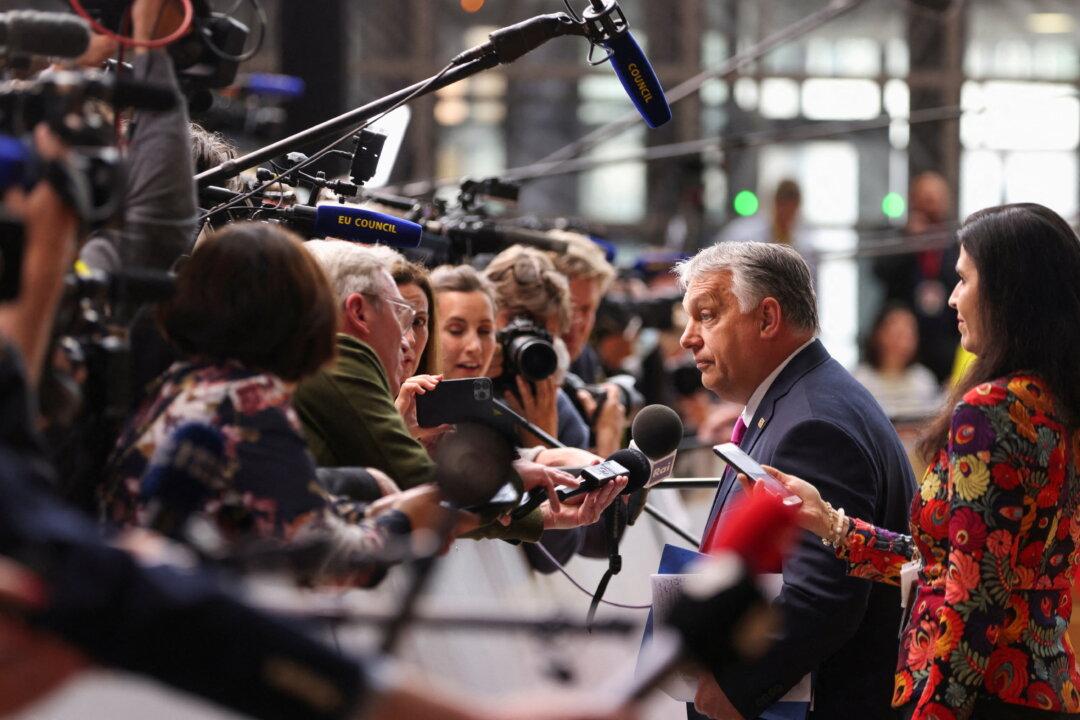During a July 2 visit to Kyiv, Hungarian Prime Minister Viktor Orban urged Ukrainian President Volodymyr Zelenskyy to consider reaching a truce with Russia.
“A ceasefire linked to a deadline would provide a chance to speed up peace talks,” Mr. Orban said at a joint press conference following closed-door talks with the Ukrainian leader.





